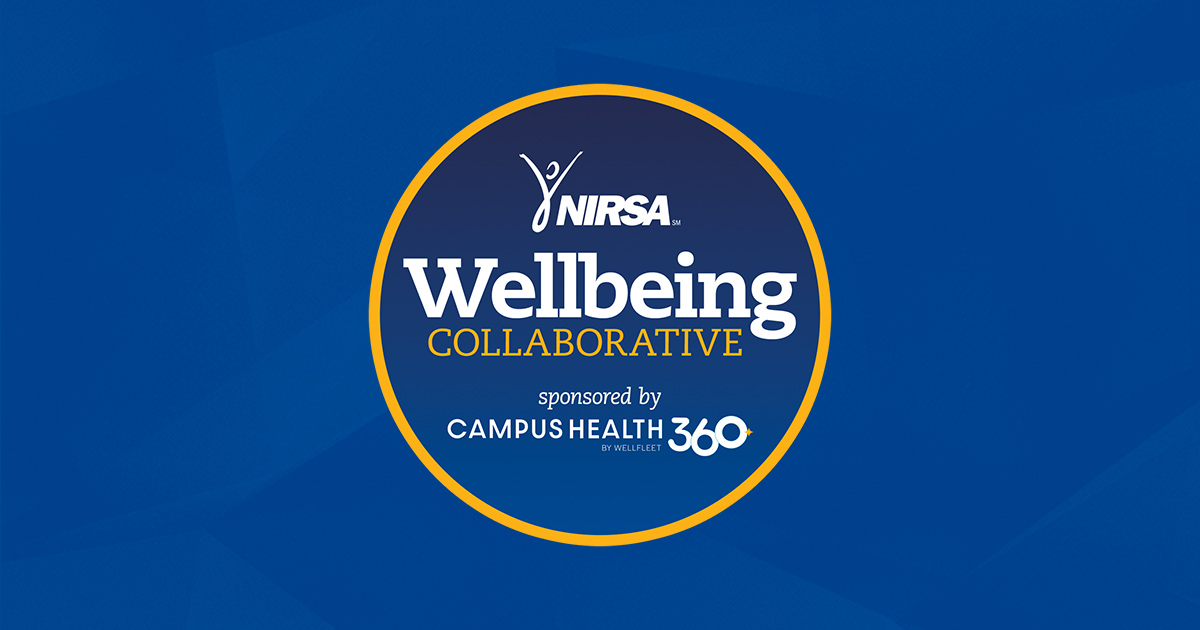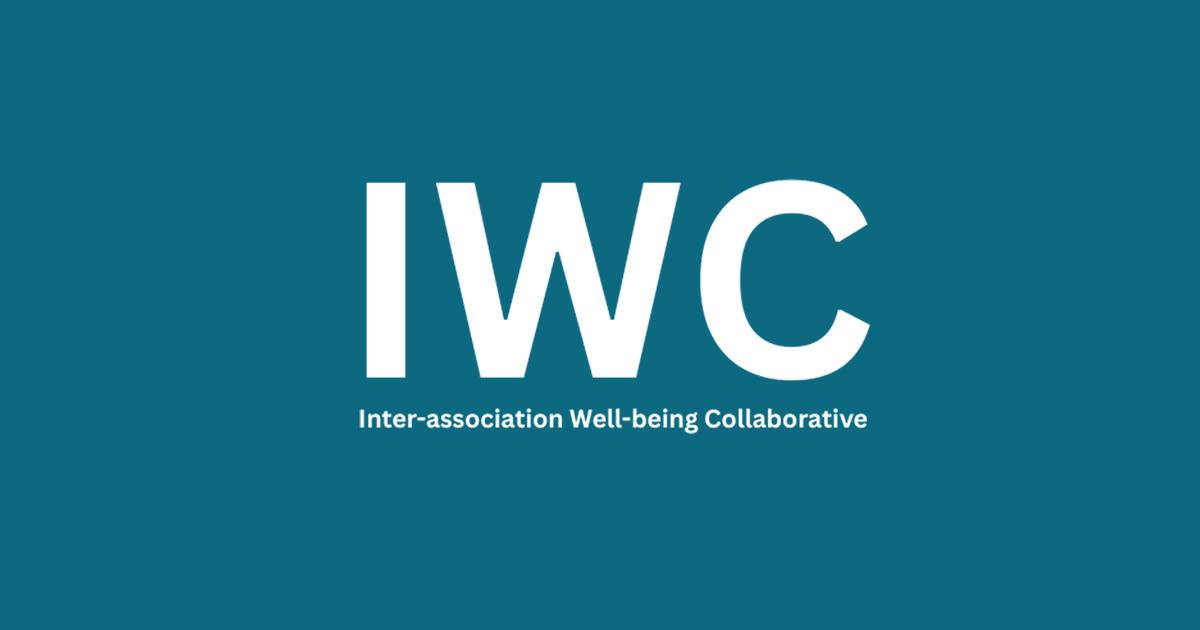Gone are the days where “wellness” solely translates into workouts and weight loss. Thankfully, the growing field of health coaching has become an integral position within the allied healthcare continuum that supports and facilitates the multifaceted, preventive and holistic sides of health. College campuses and big corporations alike are seeing a surge in benefits from adopting an intentional wellness program.
What does a health coach do?
A health coach is a skilled professional who partners with clients to identify, track, and follow through on sustainable, self-directed wellness goals that align with the client’s personal values. Health coaches work closely with clients to facilitate a conversation style that explores the myriad facets of their clients’ lives to collaboratively create individualized plans designed to help reduce underlying causes of disease and improve overall quality of life for the long run.
“Health coaching offers the opportunity to positively enhance the wellness of individuals from a more holistic perspective, imparting real, meaningful and lasting change,” says Jessica Matthews, ACE Certified Health Coach and Assistant Professor of Health and Science at Point Loma Nazarene University. The American Council on Exercise (ACE) offers the only National Commission for Certifying Agencies (NCCA) accredited Health Coach Certification program.
Why is health coaching important for students?
As leaders in collegiate recreation, NIRSA members recognize the importance of maintaining a healthy way of life. In February, NIRSA interviewed Dr. Julia Buchanan, Assistant Professor and Program Chair in the Health Promotion and Education program at the University of Cincinnati: “Health coaching allows clients to take control of their habitual thinking, solidify healthy behaviors, and thrive in the classroom and in their everyday lives,” says Dr. Buchanan. “At its core, the field of campus recreation serves to support students’ learning and foster lifelong habits of wellbeing,” she adds.
With most college campuses now offering some type of wellness program, there’s ample opportunity for leaders to take advantage of the offerings as a client or even help create a health-focused program for a community in need.
In the eCampus News article “There’s a gap in wellness education programs on college campuses,” Dr. Henry G. Brzycki and Elaine J. Brzycki—co-founders of the Brzycki Group—assert that wellness programs are most effective when they focus on the longevity of student wellness as opposed to when programs are instituted in a response to a campus crisis. “If frontline educators can teach young adults self-knowledge and how to create a paradigm shift in their abilities to experience life and create the life of their calling,” they write, “we would then teach preventatively during college how to find inner peace and understanding when faced with the stressors of modern life.”
According to a 2014 Gallup-Purdue Index Report study consisting of more than 30,000 U.S. college graduates, just 11% of college graduates “are thriving—strong, consistent, and progressing—in all five elements of well-being.” In fact, more than one in six graduates are not thriving in any of the elements of well-being, which include purpose, social, financial, community and physical. These elements are considered markers as to how a student will do professionally and personally after his or her college experience.
The report also said that “the odds of thriving in all areas of well-being more than double for college graduates when they feel their college prepared them well for life outside of it.” Research shows that students who participate in wellness activities tend to do better academically, but it’s time to take a note from the health coaching industry and ensure we’re going beyond the outdated model of offering generic fitness tips without nurturing a mindset for behavior changes that support good health.
The rise of the health coaching industry
Health coaching has grown into a $6 billion industry and is projected to continue growing at a 5.4% annual pace, according to Marketdata LLC. Additionally, the U.S. Department of Labor says that about 80% of U.S. employers with more than 1,000 employees offer a wellness program and NIRSA has reported that 89% of college campuses who participate in NIRSA benchmarking offer at least one wellness program; 80% report at least one dedicated wellness space.
The U.S. Bureau of Labor also says that employment for health coaches and health educators is growing faster than the average for all occupations, with annual salaries growing at an average of 8% per year. A health coach is also often employed by hospitals and private medical offices (in an effort to lower overall medical expenses), large corporations and small businesses (to lower insurance claim costs), educational institutions, health clubs and wellness centers, or by private clients. And much of a health coach’s work is done remotely, either online or by phone, allowing for flexibility and supporting a work-life balance.
“I foresee health coaches being widely accepted as part of the healthcare continuum, working directly with physicians and nurse practitioners, as well as in the corporate fitness arena, to assist individuals with improving their health and wellbeing, not only for themselves, but also for society at large,” says Debi Pillarella, ACE Certified Health Coach and Program Director at The Community Hospital Fitness Pointe in Munster, Indiana.
Viability of health coaching as a career
According to the Centers for Disease Control and Prevention, six out of 10 adults in the United States have a chronic disease; more than 25% of heart disease and stroke-related deaths could have been prevented or delayed by lowering risk factors and encouraging a healthier lifestyle.
The National Center for Biotechnology Information (NCBI) cites that fewer than 1% of U.S. adults are up to the American Heart Association’s standards for cardiovascular health. All in all, inactivity-related diseases lead to about 40 million global deaths a year in the U.S. Additionally, NCBI is forecasting a shortage of 50,000 physicians by 2025. Health coaching is an effective way to help prevent the continued rise of disease, assist in chronic illness management outside of the doctor’s office, and improve overall wellness and happiness.
One college graduate, Allison Becker, who served as the Assistant Director of Strength and Conditioning at Purdue University Recreational Sports, told ACE why she made the choice to become a health coach after working as a fitness instructor and fitness consultant during her college years. “[My] experience as a Health Coach, along with my ACE Personal Training Certification, has tremendously enhanced my clients’ experiences,” says Becker. “I can also work with my clients on nutrition, stress management, and behavior modification. As a result, I feel that my clients have not only met their goals, but also have developed tools to continue their healthy behaviors.”
When it comes to campus recreation and wellness, health coaching has proven to be an effective option for improving student wellbeing while also offering a potentially rewarding career path: “The ACE Health Coach Certification is very useful in the campus recreation industry,” says Becker. “A university’s recreation center is a central hub for students, faculty, and staff to come together to access all realms of health and wellness. Health coaching provides an opportunity for this population to develop strategies for a healthy lifestyle.”
For students interested in taking advantage of an on-campus health coach, you can look up your college wellness program and schedule this support for free. And for those interested in pursuing an NCCA-accredited Health Coach certification, visit the ACE entry on the NIRSA Discounts and Rewards page to learn about special discounts for NIRSA members.
- For more information about sponsored content with NIRSA, contact NIRSA Director of Corporate Relations and Business Development Heidi Cleary.
Megan Looney is currently the Interim Director of Student Financial Services and the Financial Wellness Center, Student Financial Services, A/R - University Financial Services at Portland State University; you can email her at looneym@pdx.edu.







